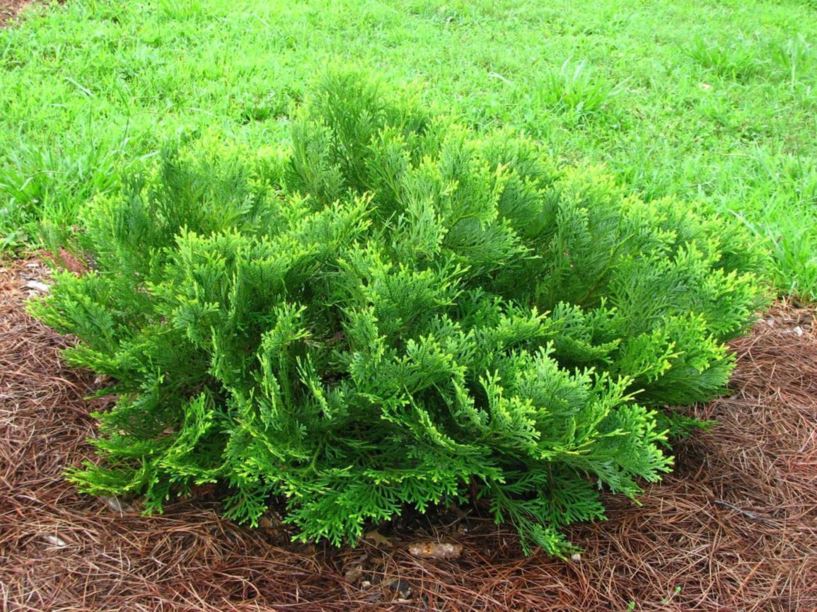A Closer Look at the Unique Thujopsis dolabrata Var. Hondae
A Distinct Variety Within the Thujopsis Genus
Introduction
The Thujopsis dolabrata, commonly known as the Japanese arborvitae, is a coniferous species native to Japan and Taiwan. Within this species, a single variety, known as Thujopsis dolabrata var. Hondae, stands out for its distinct characteristics, particularly its seed cones, setting it apart from the typical variety.
Distribution and Habitat
Thujopsis dolabrata var. Hondae is primarily found in southern Hokkaido, the northernmost island of Japan. It inhabits mountainous regions, thriving in sheltered valleys and slopes where it receives ample moisture and sunlight. This variety is also found in some areas of central and northern Honshu, the main island of Japan.
Distinctive Seed Cones
The most striking feature of Thujopsis dolabrata var. Hondae lies in its seed cones. Unlike the typical variety, which bears small, elongated cones, the Hondae variety produces larger, ovoid cones with sharp, pointed scales. These cones are a rich reddish-brown color, adding a vibrant hue to the tree's foliage.
Other Characteristics
In addition to its distinctive seed cones, Thujopsis dolabrata var. Hondae shares many common characteristics with the typical variety. It is an evergreen tree with a pyramidal or columnar shape, reaching heights of up to 30 meters. Its foliage consists of flattened, overlapping scales, giving the tree a dense, textured appearance.
The bark of Thujopsis dolabrata var. Hondae is thin and reddish-brown, peeling off in long, fibrous strips. The tree's foliage emits a pleasant, aromatic scent when crushed, making it a popular choice for ornamental purposes.
Conservation Status
Thujopsis dolabrata var. Hondae is not listed as a threatened or endangered species by any major conservation organizations. However, due to its limited distribution, it is important to protect its natural habitats to ensure the survival of this unique variety.
Conclusion
Thujopsis dolabrata var. Hondae is a fascinating example of the genetic diversity within the Thujopsis genus. Its distinct seed cones and other unique characteristics make it a valuable addition to any botanical collection or landscaped area. By understanding and appreciating this remarkable variety, we can contribute to the conservation of Japan's rich natural heritage.

Komentar